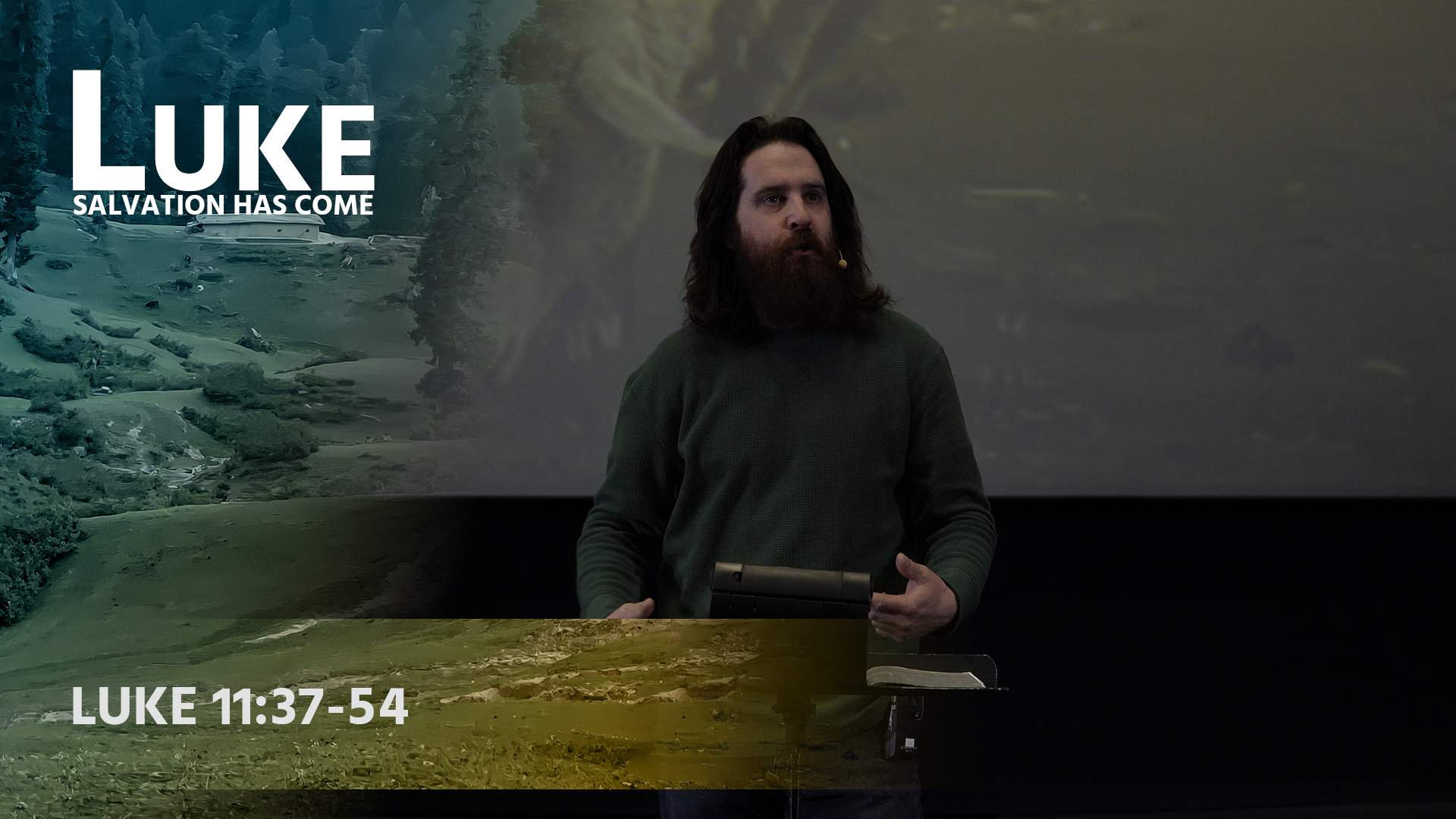Gospel-centered Duty?
You can Change by Tim Chester is one of my favorite books. He has taught me so much about how the Gospel not only is what justifies us (accepted by God) but also what sanctifies us (grows and transforms us into Christ-likeness). We never get past the Gospel of His amazing grace, which moves us to truly love God and love others in response. I think there is great misunderstanding in regards to what love is. My love is manifest when I do what I do not feel like doing for the sake of another who is treasured. When I only do things when I feel like it, love is also manifested, but it is a love of myself.
How does duty fit into the Christian life? How does grace mesh with duty?
In the following quote, Tim Chester helps us reflect on this by considering the question, “Must I read my Bible everyday?”
I was speaking at a conference recently and said the following. Legalism says, ‘You should not …’ while the gospel says, ‘You need not …’. In other words, the gospel does call us to a certain way of life, but it enables to embrace that life as bigger and better than the false promises of sin. Someone emailed to ask how this applied to reading the Bible every day. Should we stop saying, ‘I must read my Bible everyday.’ Should we say instead something like ‘I want to read my Bible everyday.’ Here’s how I answered.
Consider what is meant by the phrase ‘I must read my Bible every day.’ Is it the equivalent of saying, ‘I must drive within the speed limit’ or is it the equivalent of saying ‘I must eat every day’? The former is legalism. The latter is true godliness. We read the Bible because it nourishes us and because it tastes like honey.
That said, I do think there is a place of duty (otherwise we might end up only doing the right thing when we feel like it). I sometimes distinguish between ‘bad duty’ (i.e. Pharisaic legalism) and ‘good duty’ (which is from faith). Good duty is faith saying, ‘I don’t feel like doing this, but I believe that if I do it then I will find blessing.’ In the case of reading the Bible, faith-based duty might say: ‘I don’t feel a hunger for God’s word at the moment, but I believe that if I read it then it will produce faith, and faith will give me a delight in Christ and hunger for more of him.’ So in practice I read my Bible each day whether I feel like it or not. (But if I miss a day then I don’t make a big effort to catch up because the point is not ticking off a list of chapters, but encouraging faith.)
Another way of looking at this is to encourage people to read their Bibles by highlighting how it is a solution. ‘Do you feel spiritually dry?’ ‘Do you feel anxious?’ ‘Do you feel despondent?’ And so on. The answer to these issues is faith in Christ and embracing the treasures that are in him. And faith comes by hearing (or reading) the word of God (Romans 10:17).
Categories: Blog
